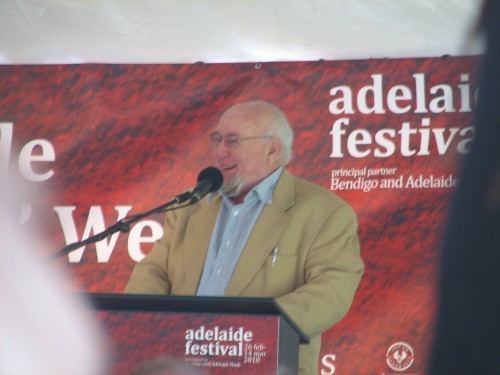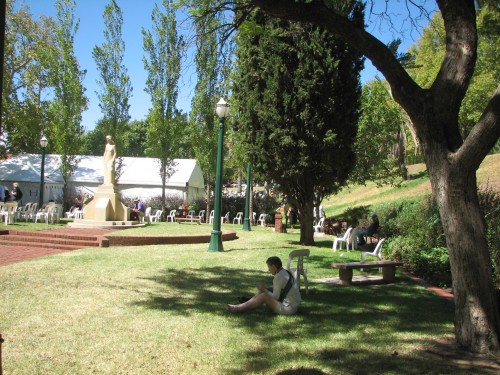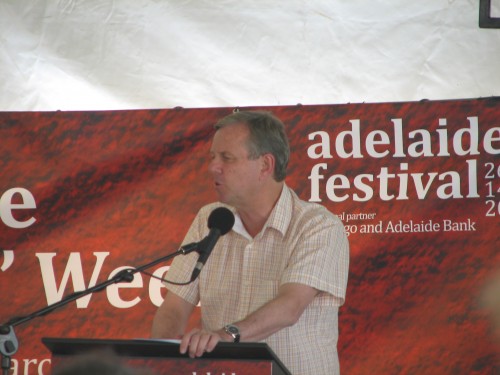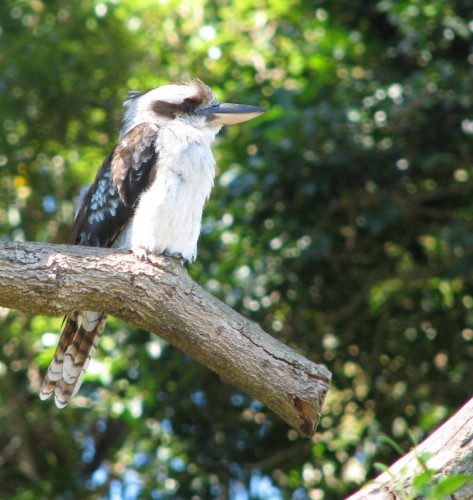Television writers acknowledged
I don’t normally watch awards programs shown on television. They tend to be long-winded, drawn out and frankly boring affairs. Of course, if I was in the running for an award of some sort, they’d be as exciting as.
I didn’t watch all of Australian television’s Logies Awards presentation last night but did catch the last half hour or so. I should have gone to bed as I was very tired, but kept putting off the effort of doing so.
What I did see pleased me. Not one but several of the award winning actors paid tribute to the excellent writers of various television series. Writers are far too often overlooked in such events, but where would they be without the writers first having the ideas for the story lines, and then doing the hard work of putting the plot, characters and setting and all the other elements of a good story together? Without writers – good writers – we’d have no television drama, no comedy series, no films and little entertainment.
I know it’s not an Australian series, but I’ve recently become a fan of the American crime series called Castle. In an interesting twist, the main character is a crime writer called Castle who helps a detective and the police solve everyday crimes. I also enjoy the gentle humour incorporated in the scripts.
Enough from me: I’d like to acknowledge the fine skills of the many wonderful television and film writers out there. Well done.
Prize Winning Poetry
Yahoo – I’m doing the writer’s jig again and again and again.
I just received notification this morning that I have won first prize in a Literary Competition. It was for a suite of poems in sonnet form and was entered in the Traditional Rhyming Poetry section. The competition was conducted by Freexpression magazine here in Australia, though entries were received from a number of countries.
It was hard work – a labour of love I guess. But getting recognition like this is very encouraging, especially seeing some of the place getters are frequent competition winners.
And the cash prize is very nice.
Check out some of my poetry here.
Good writing.



